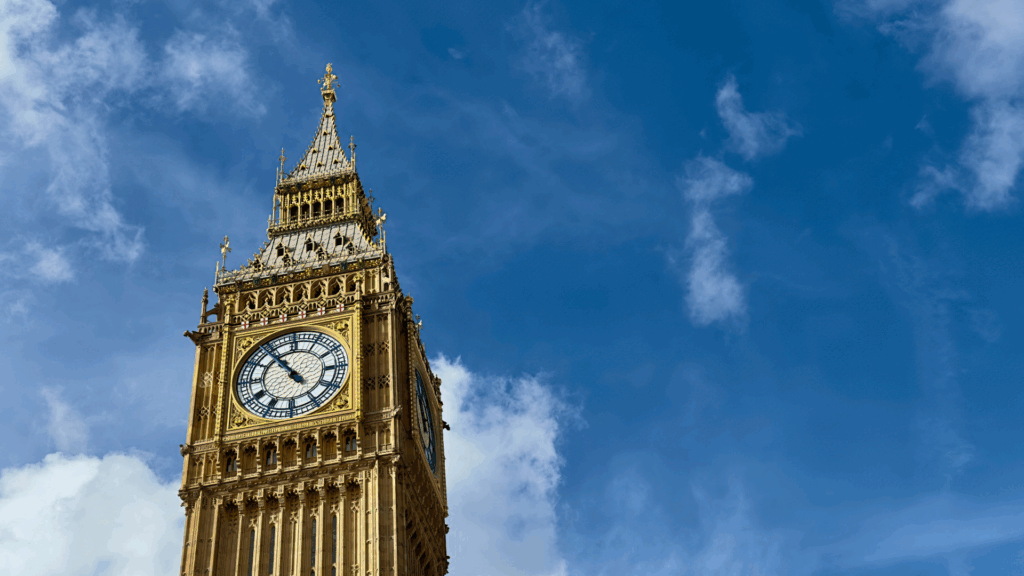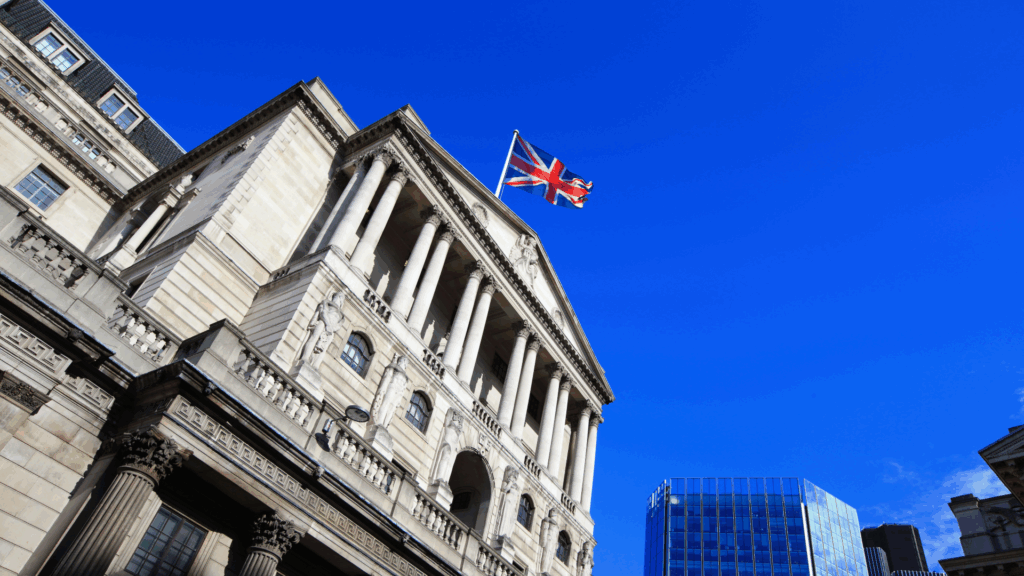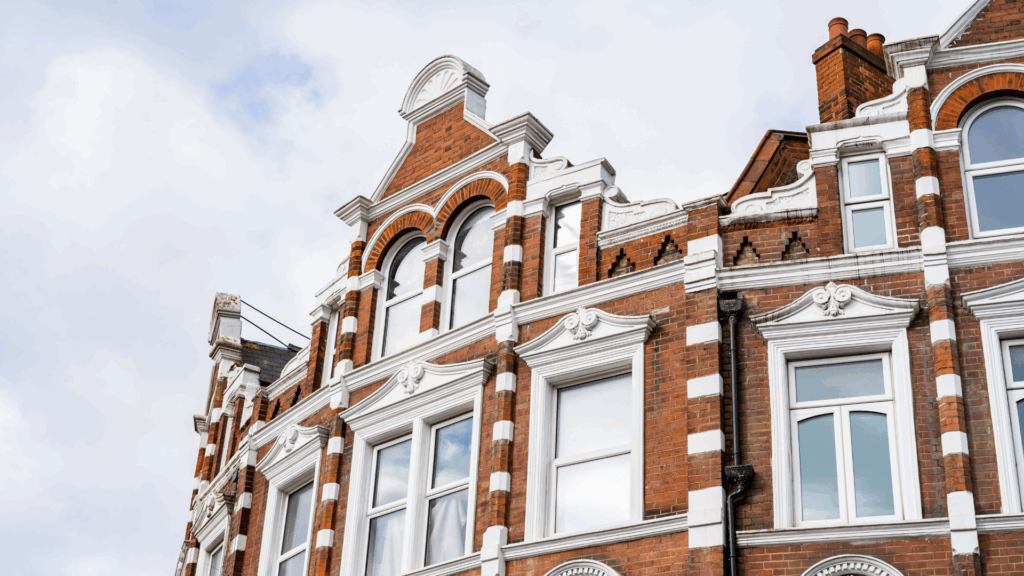People buying a new home in England and Northern Ireland will pay more in tax from next April, after new Chancellor Rachel Reeves confirmed that the stamp duty holiday will end on 31 March 2025.
It means that home sales are likely to jump early next year as buyers rush to complete their purchase before stamp duty goes up.
Jump in transactions
Stamp duty for both first-time buyers and home movers was reduced in September 2022, under the previous government. This temporary measure raised the threshold for when first-time buyers pay stamp duty from £300,000 to £425,000, while the threshold for other buyers was doubled from £125,000 to £250,000.
These higher thresholds will revert back to the previous levels in April 2025.
“The main impact of the stamp duty changes is likely to be on the timing of property transactions, as purchasers aim to ensure their house purchases complete before the tax change takes effect,” said Robert Gardner, chief economist at building society Nationwide. “This will lead to a jump in transactions in the first three months of 2025 (especially March), and a corresponding period of weakness in the following three to six months, as occurred in the wake of previous stamp duty changes.”
Gardner added, however, that the swings in activity this time are likely to be “somewhat less pronounced” as the stamp duty reduction has been in place for some time and its planned expiry was well known. Moreover, affordability remains relatively stretched as a result of the higher interest rate environment, which is acting to dampen housing market activity more generally.
Impact on first-time buyers
Based on data for the year to June 2024, Nationwide expects the stamp duty change to affect around one in five first-time buyers. However, the impact will vary significantly across the country.
“The largest effects are likely to be in the South East of England, where 40% of first-time buyers paid between £300,000 and £425,000 for their homes, where the change will increase cost of moving for the affected first-time buyers by £2,900 on average,” Gardner explained.
“The areas least affected are Yorkshire & The Humber, the North of England and Northern Ireland, where less than 10% of first-time buyers paid between £325k and £425k for their homes.”
Second homes
Separate changes to stamp duty for second-home buyers and buy-to-let landlords announced in the Budget came into effect almost immediately.
People buying an additional property are already subject to a higher rate, and this was increased from an extra 3% to 5% from 31 October 2024. The Treasury said that this would give first-time buyers and those looking to move home an advantage over second-home buyers and landlords.
Based on data for the year to June 2024, Nationwide believes that this change will affect around one in five residential transactions in England and Northern Ireland.
“We estimate for a typical buy-to-let purchase, this would add approximately £4,000 to stamp duty costs,” Gardner said. “Consequently, this may dampen demand in this part of the housing market.”

















